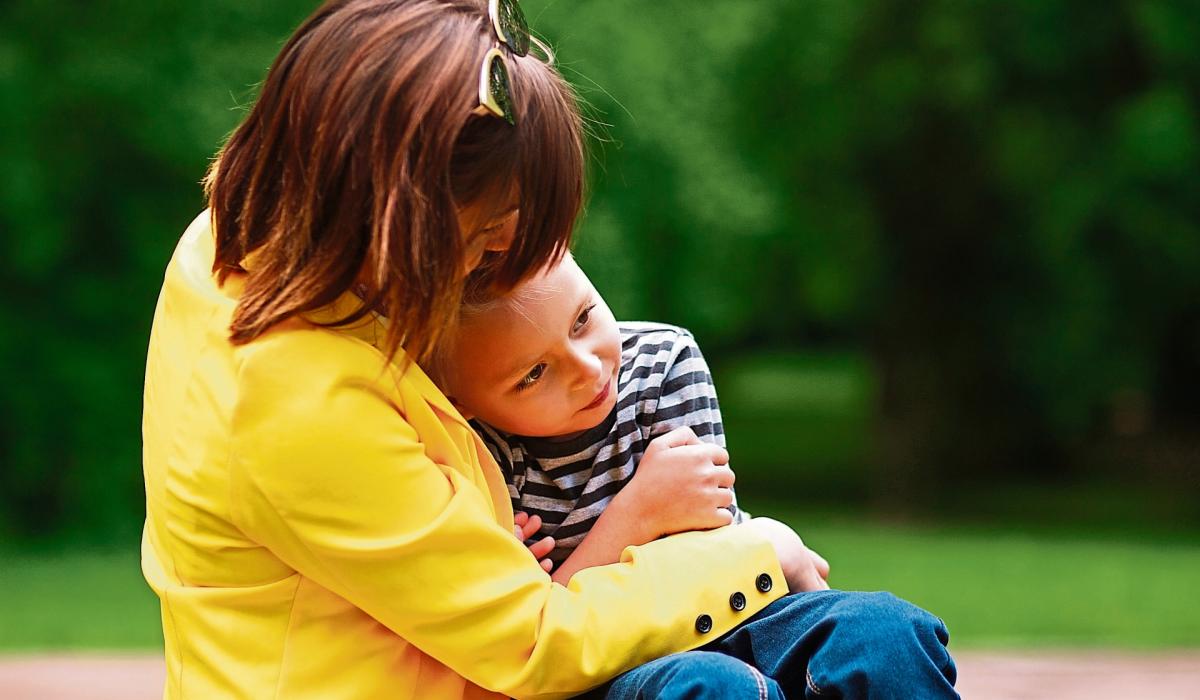Experiencing the loss of a loved one is an inevitable and poignant aspect of life. Assisting children in navigating the complex emotions that accompany such loss can be challenging. Grief, a natural reaction to any form of loss, extends beyond just bereavement. Children may grapple with grief stemming from various sources such as the passing of a person or a beloved pet, the dissolution of a friendship or relationship, parental separation, relocation to a new home or school, and more. Each child processes grief uniquely, and this emotional journey can evolve with time.
Even before encountering the death of a dear one, children, driven by their innate curiosity, ponder over the concept of mortality. While discussing death may be uncomfortable for adults, children often exhibit readiness to articulate their thoughts on the subject. Establishing a safe environment for such conversations enables children to vocalize their comprehension and feelings, fostering a sense of trust with their caregivers. It is essential to note that one does not need to possess all the answers; simply offering presence and attentive listening holds paramount significance.
Grief manifests differently for each individual, devoid of a definitive right or wrong approach. The notion of ‘stages of grief’ or the ‘grief cycle’ is frequently referenced, encapsulating common sentiments experienced by individuals in mourning, such as shock, anger, sadness, or the gradual acceptance of living alongside grief. Analogous to adults, children undergo a personalized grieving process, characterized by fluctuating emotions that ebb and flow over time.
Children articulate grief through a myriad of channels, influenced by factors like age, comprehension levels, the nature of their relationship with the departed individual or entity, external responses, as well as their inherent temperament. Emotional manifestations may include fear, worry, confusion, or sorrow. Physical symptoms like fatigue, sleep disturbances, loss of appetite, and unexplained aches may also surface. Behavioral changes, such as difficulty concentrating, temporary academic decline, forgetfulness, or regressive actions (like bedwetting, seeking parental comfort, or reverting to thumb-sucking), could be observed. It is crucial to exercise patience, granting children the space to express their grief authentically.
This content was provided by the Primary Care Child and Family Psychology Service, a constituent of Parenting Limerick, a collaborative network of parenting and family support organizations. For additional insights on this and related topics, visit www.loveparenting.ie.

